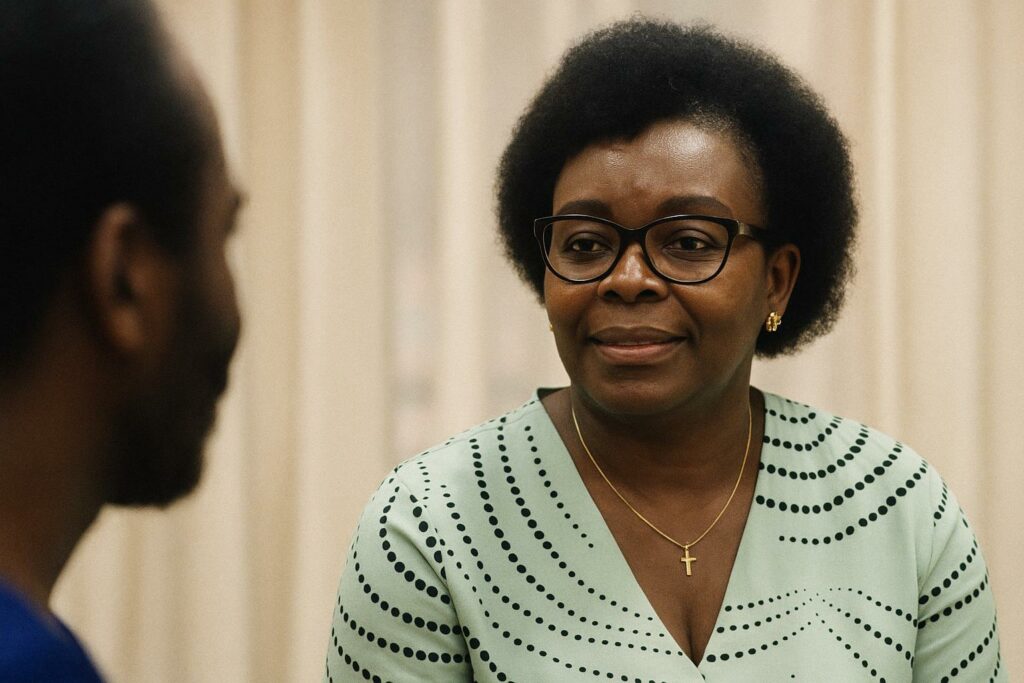A Controversial Arrest in Kigali
The arrest of Victoire Ingabire Umuhoza has once again cast a spotlight on Rwanda’s political landscape, marked by the tense interplay between governmental hegemony and opposition rights. Ingabire, a prominent opposition figure and a critical voice against President Paul Kagame, found herself detained by the Rwandan justice system yesterday, renewing debates over the state’s commitment to political freedom.
The Context Behind the Arrest
This latest detention follows Ingabire’s participation in the court proceedings concerning nine individuals charged with circulating the provocative book, ‘How to bring down a dictator when you’re alone, small and unarmed’. The book, seen as critical of Kagame’s regime, seems to have become a focal point of dissent. Ingabire’s involvement has been viewed by many as an act of solidarity with those questioning governmental authority.
Legal and Political Ramifications
Ingabire’s legal representatives contend that her arrest is politically motivated, serving as a tool to suppress dissent and prevent other opposition members from challenging the status quo. The Rwandan government’s stance has generally been one of staunch control over political discourse, often justifying actions against opposition figures on grounds of national security and public order. Yet, such measures undoubtedly generate significant international scrutiny, potentially affecting Rwanda’s diplomatic relations.
International Response and Future Implications
The international community closely watches these developments, with human rights organizations and foreign governments frequently expressing concerns over Rwanda’s human rights record and the restriction of political freedoms. The situation raises poignant questions about the effectiveness of Kagame’s strategies in portraying Rwanda as a stable and prosperous nation while managing domestic criticism.
A Turning Point for Rwanda’s Political Climate?
As Ingabire’s arrest continues to make headlines, it beckons the question of whether Rwanda is at a crossroads regarding its democratic processes. The world observes keenly, pondering whether this incident will provoke necessary discourse that could lead to nuanced changes in Rwandan politics, aligning more closely with international human rights standards.

